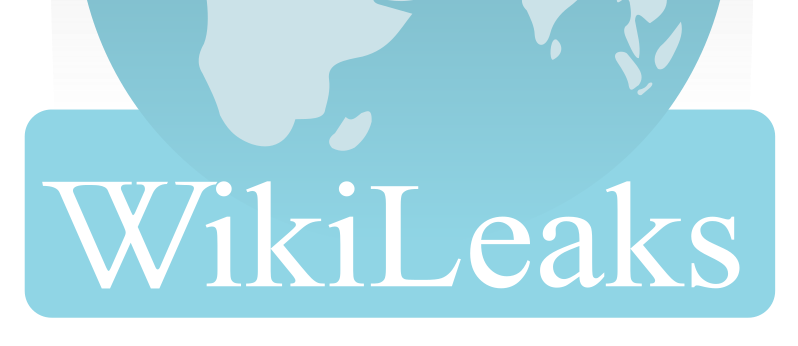

Let’s put WikiLeaks into some sort of perspective.
In the UK from the 1960s onwards Private Eye became a satirical magazine beloved across the political spectrum from left-wing revolutionaries and anarchists to right-wing Bonapartists and Monarchists alike for its scurrilous, witty and unashamed exposures of pomp, pride and prejudice.
The supposed proprietor of Private Eye, Lord Gnome, protected by his solicitors Sue, Grabbit and Run, was never in short supply of leaks from every conceivable source, from Cabinet ministers down to public toilet attendants. Stock phrases such as “tired and emotional” to describe heads of state and ministers who got very drunk at embarrassing moments became easily interpreted stock-in-trade euphemisms of this print media.
Efforts to close it down by ruinous law suits merely served to rally its readers and extend its popularity. Private Eye was understood by most people, even those who disagreed with it, to stand in a long honoured tradition of press versus humbug. But Private Eye was, and remains, more a satirical comic than anything else. That was the Age of Innocence.
Now we stand in the Information Age where the village is global thanks to the Internet. The actors however remain much the same, such as flabby old men who “prance around stadiums seeking adulation” to note a memorable description of one of them. But this is also the Age of Terrorism and a host of new found dangers, such as the proliferation of nuclear weapons-grade materials and toxic chemical weapons.
What role does or should information play in such a world? It is a widely held view that most state secrets are designed to protect the state against its people rather than its people against a state, but that still leaves a percentage of secrets that may well serve the purpose of protecting the people. In an efficiently functioning democracy in which the elected politicians have the confidence of their people, citizens are happy to give the benefit of the doubt to their leaders. There are too many signs that we no longer live in that Age of Innocence.
We seem to live in an increasingly divided global village, quite different from one that is “seamlessly integrated” as a vendor might put it, and the divisions are often as much between the people and the state as they are between peoples or between states. And in the Information Age everyone has access to their own media, their very own Private Eye, and they are not necessarily comics.
We see them lining up around WikiLeaks in cyberspace: on the one hand, massive denial of service attacks and the withdrawal of hosting services; on the other, hundreds (literally) of mirror sites assisting the survival of the leaks. (https://wikileaks.ch/mirrors.html) This is a cyber civil war of sorts. But much of it still is theatre and so the comic analogy remains partially true. So it still has its funny side.